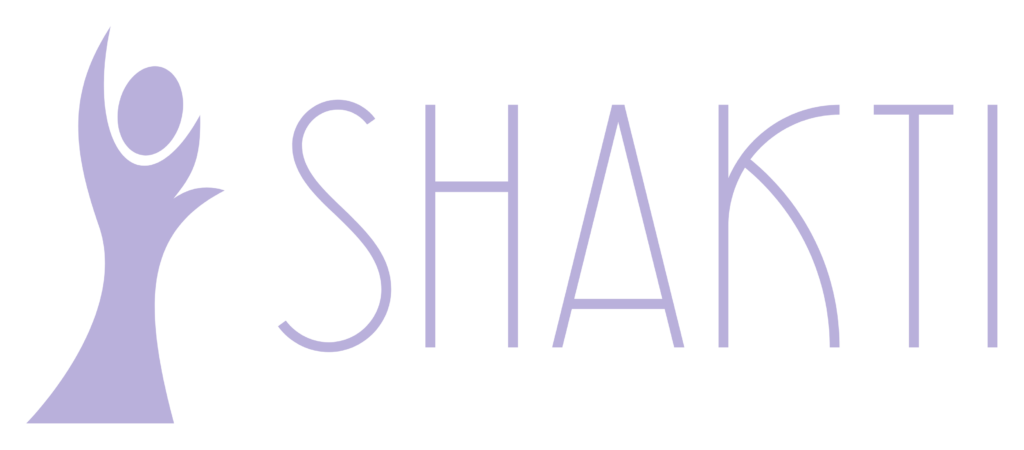
COVID-19 realities, domestic and family violence and culturally and linguistically diverse women
About this research
Domestic and family violence (DFV) is a major human rights and public health issue in many communities around the world.
Domestic violence is a term that typically refers to abuse against an intimate partner or ex-partner and family violence is a broader term that refers to abuse in a range of family and family-like relationships. One of the most common forms of violence against women is domestic violence perpetrated by an intimate partner. And while men and women experience violence, women are more likely than men to experience violence from an intimate partner, and with more severe consequences.
Domestic and family violence is prevalent but preventable.
Globally and nationally, we know that the COVID-19 pandemic isolation measures contributed to widespread unemployment and financial stress, increases in anxiety and depression, alcohol and other drug use, and an increase in DFV with Culturally and linguistically diverse (CALD) communities including migrant and refugee women being particularly vulnerable.
The SHAKTI project was undertaken in collaboration with Curtin University, community partners and participants to explore how COVID-19 isolation measures impacted migrant and refugee women experiencing DFV. Together with participants and a Community Advisory Group, the SHAKTI research team has co-designed a culturally safe, self-help and safety program for migrant and refugee women experiencing DFV. Through the SHAKTI project, we aimed to identify critical time points for support to CALD women who experience isolation and provide them with avenues to form safe support networks through the program and provide an opportunity where CALD women’s voices, experiences and hopes are heard, respected and documented.
Chief Investigators
Professor Jaya Dantas (lead), Professor Donna Chung, Dr Jonathan Hallett & Associate Professor Sender Dovchin
Funding
SHAKTI is funded by an intervention grant from Healthway
